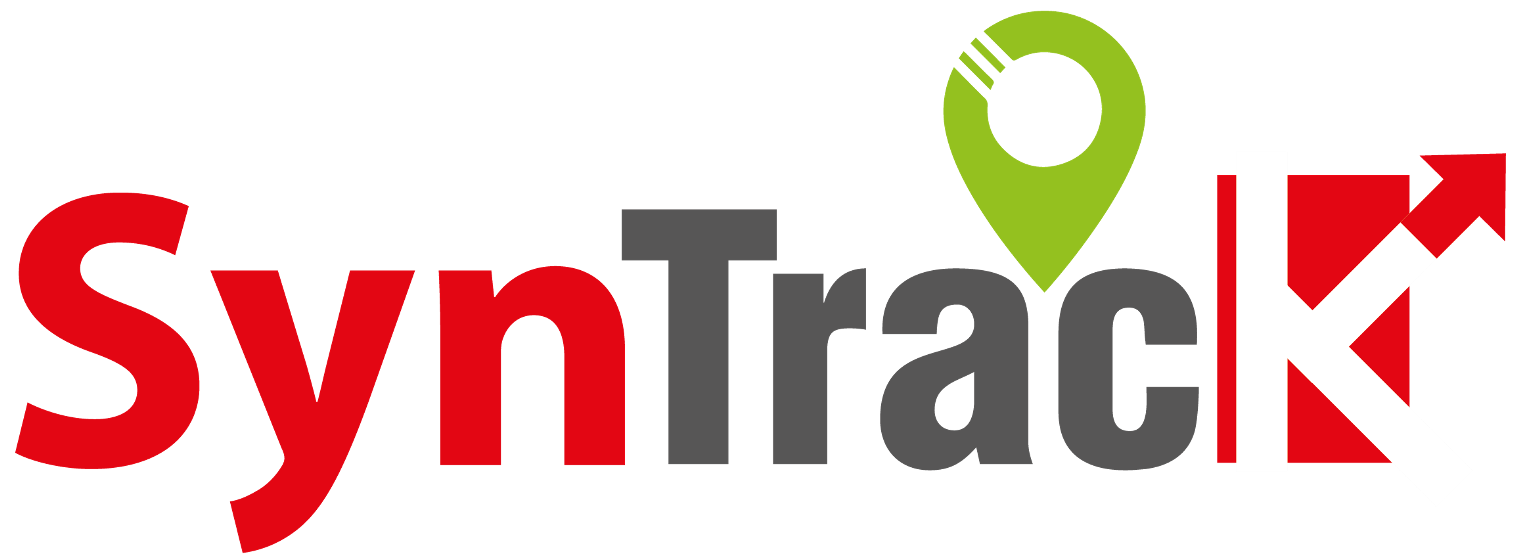What is a Transportation Management System?

What is a direct store delivery Software or route accounting ?
April 16, 2021What is a Transportation Management System?

TMS & Logistic ERP Software in Dubai
What is a Transport Management System? Exploring the Benefits of Transportation Software, Transport Management Software, and Freight Forwarding Software
-
In today’s fast-paced world, effective transportation management is crucial for businesses involved in the movement of goods and materials. To streamline operations, increase efficiency, and improve customer satisfaction, many companies are turning to Transport Management Systems (TMS). These systems, often referred to as transport software, transport management software, or freight forwarding software, provide comprehensive solutions for managing the complexities of transportation logistics. In this article, we will delve into what a TMS is and explore the numerous benefits it offers to businesses.
Understanding Transport Management Systems:
A Transportation Management System (TMS) is a software solution that enables businesses to efficiently manage and optimize their transportation operations. It encompasses a wide range of functionalities, including route planning, carrier selection, load optimization, shipment tracking, freight auditing, and reporting. TMS systems provide a centralized platform that integrates various transportation processes, allowing businesses to streamline their operations and make informed decisions.
Key Features and Capabilities of TMS:
Transportation management systems offer a plethora of features and capabilities designed to enhance the efficiency and effectiveness of transportation logistics. Let’s take a closer look at some key features commonly found in TMS software:
- Order Management: TMS enables businesses to consolidate and manage transportation orders, automate order processing, and streamline communication with customers and suppliers.
- Route Optimization: By analyzing factors such as distance, traffic conditions, and delivery windows, TMS software can determine the most optimal routes, minimizing costs and improving delivery times.
- Carrier Selection: TMS allows businesses to evaluate and select the most suitable carriers based on predefined criteria such as rates, service levels, and reliability, ensuring the best transportation options.
- Freight Auditing and Invoicing: TMS automates the auditing of freight bills, ensuring accurate invoicing and eliminating billing discrepancies, thereby saving time and reducing costs.
- Shipment Tracking and Visibility: TMS provides real-time tracking and visibility of shipments, enabling businesses and customers to monitor the status and location of their goods throughout the transportation process.
Benefits of Transportation Management Systems:
Implementing a robust TMS can bring significant benefits to businesses involved in transportation logistics. Let’s explore some of the key advantages:
- Cost Savings: TMS helps optimize routing, load consolidation, and carrier selection, leading to reduced transportation costs. By minimizing empty miles and maximizing load capacity, businesses can achieve substantial savings in fuel, labor, and other operational expenses.
- Improved Efficiency: TMS automates manual processes, eliminates paperwork, and reduces administrative tasks. This allows businesses to streamline operations, improve productivity, and allocate resources more effectively.
- Enhanced Customer Service: With real-time visibility into shipments, businesses can proactively address potential delays or issues, improving customer satisfaction and loyalty. TMS also facilitates accurate and timely communication with customers, providing them with up-to-date information about their shipments.
- Data Analysis and Reporting: SynTrack Transport Management system generates comprehensive reports and analytics, providing valuable insights into transportation performance, costs, and efficiency. This data-driven approach enables businesses to make informed decisions, identify areas for improvement, and optimize their transportation strategies.
- Scalability and Flexibility: Our transport Management system is highly scalable and adaptable, allowing businesses to accommodate changing transportation needs and scale their operations accordingly. Whether a company is expanding its fleet or diversifying its supply chain, TMS can easily accommodate growth and evolving requirements.
- Integration with Supply Chain: a transport Management system can seamlessly integrate with other components of the supply chain, such as warehouse management systems (WMS) and enterprise resource planning (ERP) systems. This integration ensures smooth coordination and collaboration between different aspects of the logistics process, improving overall supply chain efficiency.
In today’s rapidly evolving business landscape, an efficient transport Management system is critical for success. Our transport Management system(TMS) offers a comprehensive set of tools and functionalities that enable businesses to optimize their transportation logistics, reduce costs, improve efficiency, and enhance customer satisfaction. Whether it’s transport software, transport management software

